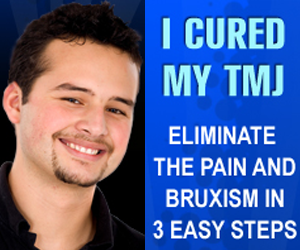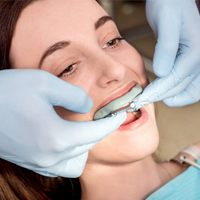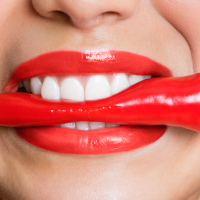Reducing Stress Levels to Treat Bruxism
Bruxism is not something that we are necessarily aware we have, especially if it is done during sleep. Teeth grinding is not uncommon but can lead to some most uncomfortable symptoms, namely those of pain in the jaw and face and reoccurring headaches.
Usually someone who suffers from bruxism will be told they are clenching their jaws or grinding their teeth by their partner, given that the act of teeth grinding can be audible in the silence of the night. It can also be somewhat embarrassing so it is important that partners, family and friends are supportive and understanding when it comes to helping the bruxism sufferer.
The majority of adults who have bruxism can relate their condition to an underlying cause. The most popular cause behind bruxism is stress and once this is established the appropriate treatment can then be suggested and undertaken. Money worries, job related stress and personal issues can be the main contributors of stress and it is important to learn how to off load in order to reduce those stress levels which can lead to a whole host of medical complaints.
Reducing stress levels is a huge step in the prevention of bruxism and the best way to lower your stress levels is to partake in regular exercise. Low impact exercises such as walking, swimming and even yoga can really help you to relax. Listening to music, talking things over and going along to group therapy classes are all positive measures you can take to help relieve the symptoms and occurrence of teeth grinding.




